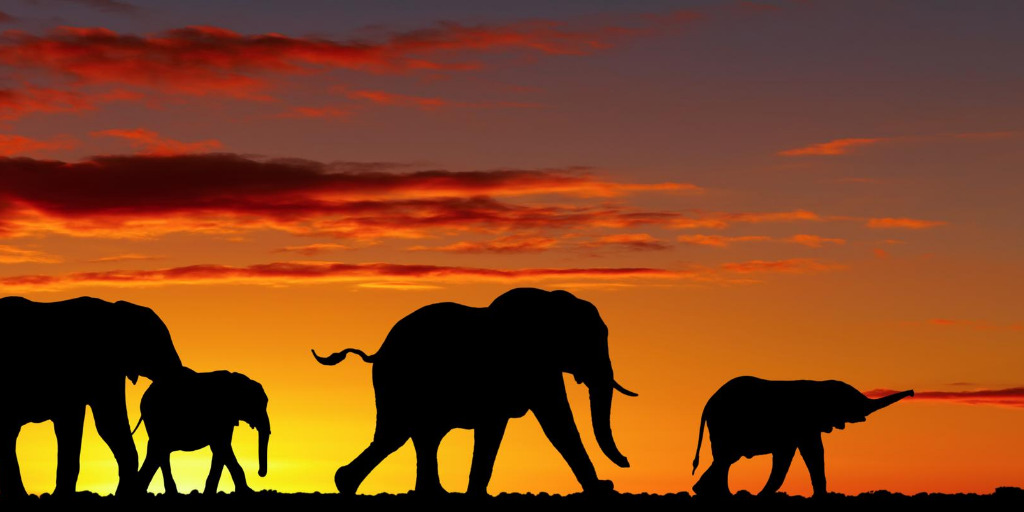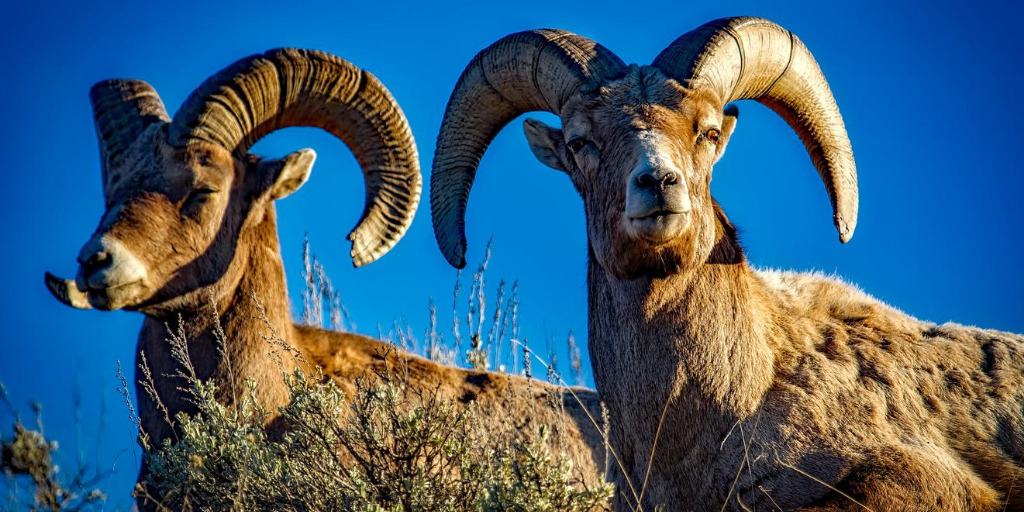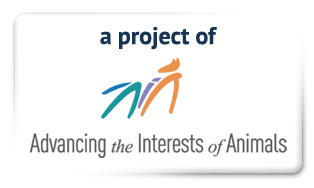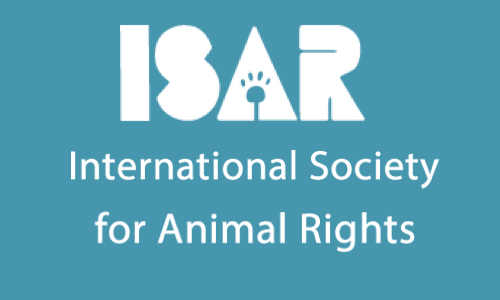Mountain ranges, volcanoes, exotic wildlife, and corals are just a few of the destinations the avid ecotourist frequently visits.
While regular mass tourism takes a significant toll on the natural environment, ecotourism limits the number of visitors and visitor amenities, thus minimizing human impact on the environment.
Ecotourism strengthens the economy at the local level through employment, business opportunities, and social projects while contributing to the national economy.
COVID-19’s impact on the ecotourism industry
Aside from boosting the economy, ecotourism sites protect the surrounding habitat and wildlife and educate visitors about the natural world.
Ecotourists receive a firsthand exploration into the ecosystem they are visiting, promoting the idea of conservation and environmentalism.
Most of the revenue generated from ecotourism goes towards conservation efforts in the nearby area by protecting endangered species and their surrounding habitats.

Ecotourism is the fastest-growing sector of the tourism industry
Ecotourism is the fastest-growing sector of the tourism industry, placing as the second largest industry in the African continent and primary source of foreign exchange. In Rwanda alone, $18.7 million dollars in revenue is generated from its 1.5 million international travelers.
African ecotourism is perhaps one of the most famous ecotourist destinations, attracting thousands of tourists eager to witness the Great Migration, the most impressive wildlife show on Earth that can be seen from outer space.
The Closures due to Covid-19
When the COVID-19 pandemic began, most countries closed their borders, causing international travel to decrease immensely. This standstill of travel had a devastating impact on ecotourism and sanctuary profits with the estimated loss being millions of dollars of income from tourism

In addition to this, sanctuaries and conservation sites were forced to close indefinitely in effort to control human contact. Great ape tourism sites even closed out of fear of transmitting the virus to their great apes.
The Tampat Do Aman Eco Lodge and Jungle Camp in Malaysia was also forced to close, putting a stop to ecotourist education about the indigenous Rungus culture and local habitat.
This program is part of the mission to protect Borneo, an island that has already lost half of its forests due to human activity.
The Financial burden of Covid-19 on Ecotourism
Income generated from tourism is mostly used for law enforcement, biomonitoring and staff salaries. Through the collection of park entrance fees, accommodation, and restaurant revenue, conservation may continue.
When the number of tourists decreases, these limited funds affect how powerful an establishment’s conservation efforts can be. This leads to an increase in poaching, illegal fishing, and deforestation in life-sustaining ecosystems such as the Amazon in Colombia.
On a much brighter note, the illegal wildlife trade has been disrupted due to the travel restrictions.
Threatened species in areas like these depend on the revenue generated from their visitors by helping protect and keep the natural world away from the threat of poachers.
Three critically endangered giant ibis were killed for meat in Cambodia during the beginning stages of the pandemic in April. If there are no wildlife rangers or surveillance programs, illegal activities that harm the animals and the environment will flourish.
Many sanctuaries and tourism sites near or in the Coachella Valley (where I live) were also impacted, including The Living Desert in Palm Desert, Living Free Animal Sanctuary in Idyllwild, and the Landing Zone Parrot Sanctuary in Thousand Palms.

While some have already been approved to reopen again with enforced social distancing measures, others remain closed.
The worst-hit sanctuaries
Government-supported sanctuaries that are also tourist attractions fare much better with the loss of revenue due to the pandemic. Non-tourist sanctuaries such as the Bornean Sun Bear Conservation Centre must instead resort to requesting donations in an effort to keep their animals alive.
Indonesian rehabilitation centers have had to halt their reintroductions into the wild while still receiving an intake of new animals, pushing them to the edge of their capacity.
Likewise, rescue centers who are closed for tourism still have to feed their animals despite having no visitors or income.
The New Normal for Ecotourism
There are a few initiatives already in place to help support tourism communities affected by COVID-19, such as the Lion’s Share and SOS African Wildlife initiatives.
Some sanctuaries and ecotourism destinations have adapted to this new way of life, such as creating virtual ecotourism by utilizing the gaming industry like the Goualougo Triangle Ape Project’s Wildeverse. Wildeverse is a virtual reality game that features gorillas, chimpanzees, and orangutans.
Ecotourism is beneficial for its local areas but is easily disturbed by world events such as the COVID-19 pandemic. Sanctuaries do their best to conserve and preserve animals and environments who are at risk for extinction.
Without the efforts of these organizations, the world would have fewer protected natural areas and animals.
It is time for us to thank them for all they do by giving them our support and allowing for them to continue their labors.
Sources
https://traveltips.usatoday.com/advantages-ecotourism-61576.html
https://www.unenvironment.org/news-and-stories/story/what-covid-19-means-ecotourism
https://www.bookallsafaris.com/news/impact-ecotourism-african-wildlife



Leave a Reply